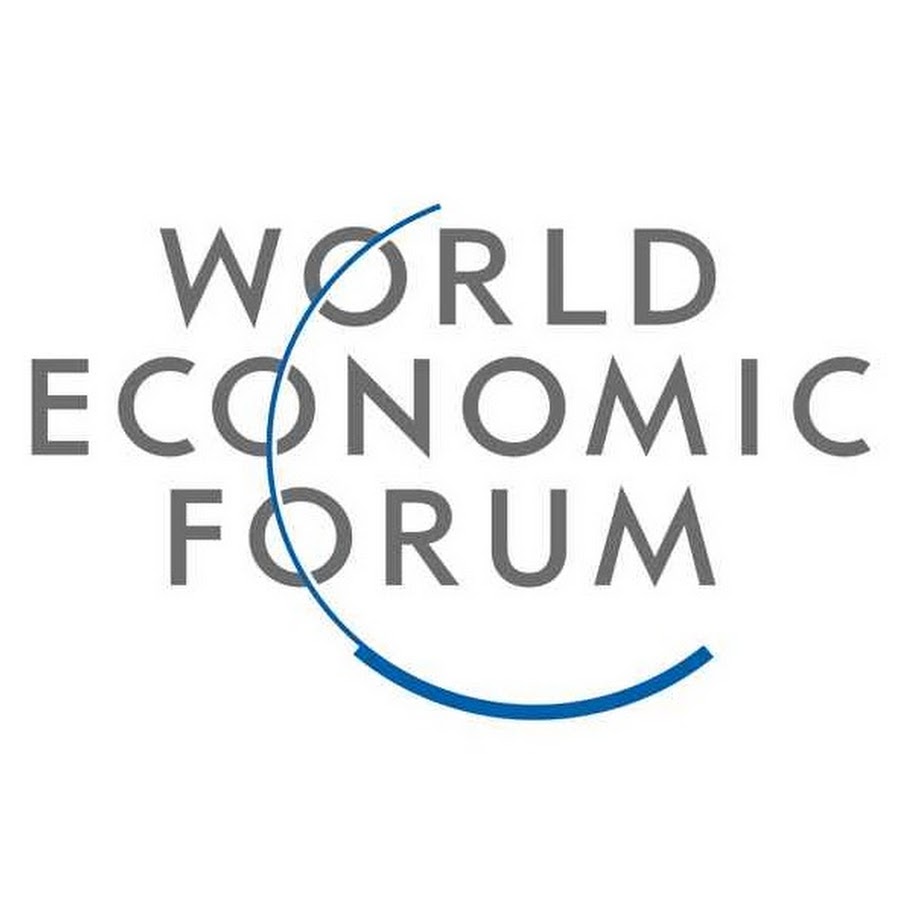WEF: Creating a Culture of Care
With the World Economic Forum’s 2018 Annual Meeting now in full swing, I noticed a common thread emerge through a number of meetings and sessions: a focus on building inclusive work environments that foster a caring culture. I had the pleasure of serving on a panel on that very topic at the Equality Lounge with a group of smart, successful female leaders from Google, Deloitte, Panorama, and Quartz.
I was proud to discuss some of the programs Ketchum has put into place that sets it culture apart, from our unconscious bias training to our efforts to reward and recognize collaborative behavior. I was equally inspired to hear a wealth of ideas for attracting and retaining talent from my fellow panelists. One of the things I enjoyed the most about this panel was that the idea of inclusivity wasn’t perceived as solely an HR responsibility. The panelists run major P&Ls, but also share a personal passion for employee growth and development.
I heard smart strategies for creating compassionate, caring cultures at events like the opening plenary session with the Annual Meeting’s seven female co-chairs and a breakfast discussion hosted by Mercer.
Here are some of my top WEF-inspired takeaways on the topic…
Professionals carry their values with them.
SAP’s Adaire Fox-Martin pointed out that employees carry their values with them, and that they seek out organizations that align with those values. Nothing is more important than culture when attracting and retaining talent – even competitive compensation isn’t a compelling enough reason for people to stay at a company that doesn’t make them feel included or respected.
Less wishbone, more backbone.
Deloitte’s Terri Cooper shared that her organization has a mantra for encouraging employees to have the courage to make strategic asks for what they want: “Less wishbone, more backbone.” Everyone who has heard me give a presentation on tips for climbing the career ladder will have heard similar advice for negotiating, but I love this brilliant slogan so much that I just might make myself a T-shirt!
Men and women handle negotiations differently.
In a similar vein, Google’s Tara Walpert Levy pointed out that women and men handle negotiations differently. She noted that men will continue to push for something they want until they get it, whereas women will ask once. If they are turned down the first time, they won’t ask again, but instead they’ll go looking for another job. This nuance is an important one for leaders to remember or risk losing valued employees.
The parity paradigm.
Mercer’s “When Women Thrive” report contains a startling stat: 80 percent of business decisions are made by men. But the news isn’t all bad – 40 percent of the registrants for the women-focused discussion were men, who are critically important in helping to level the playing field for women in business. The report also showed that a relatively low 39 percent of employees are engaged in diversity initiatives, but diversity is not just a “women’s issue” – a nearly equal 38 percent of men are involved in diversity and inclusion programs at work.
Building a dynamic workforce from within.
Finally, the topic of continuing education came up in multiple sessions. Unilever’s Leena Nair noted the importance of an educated workforce, stating the critical need to re-skill employees quickly and enforce lifelong learning expectations. And Norwegian Prime Minister Erna Solberg, one of the Annual Meeting’s seven co-chairs, said companies can’t just fire employees because they lack skills – instead they should invest in those individuals to make sure they obtain the qualifications to succeed in their roles.
As I noted on the panel, building a strong culture is not easy. It takes humility, dedication and a commitment to culture at the C-suite table. I am pleased to see topics focused on talent like pay equity, diversity and inclusion, paid family leave, and flexible work environments rising to the top of what business leaders are focused on, no matter their industry or where they are in the world. I look forward to hearing more about this and other topics this week and sharing my findings with you!
Author: Barri Rafferty
For the original article, click here.





